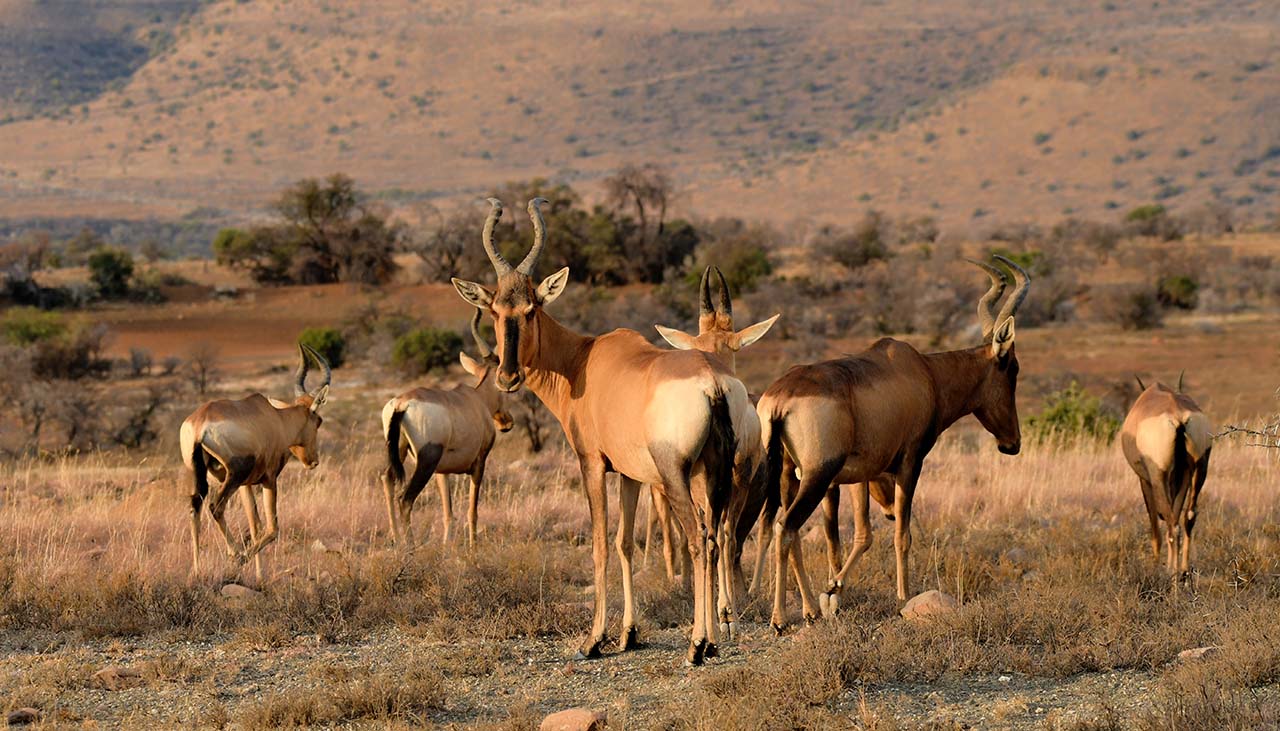For as long as humankind has populated the African continent, hunting has been an essential and integral part of life in many areas. Hunting is much more than a way to sustain oneself and one’s family—it also has a strong cultural significance that helps define local people’s identities and strengthen their ties with nature and the land where they live. In this blog post, we will explore the various ways hunting is still used today by African communities across the continent, how it affects their daily lives, and why it is still so important even in our modern world.
Exploring the History of Hunting in African Communities
For centuries, hunting has been a key aspect of African community life. For many tribes and cultures, it is a form of subsistence that provides both food and sustenance to residents. Hunting was also a way for communities to protect themselves and defend against threats, as well as an important source of revenue when nobles were granted exclusive rights to hunt certain games in their territories. As such, the history of hunting in Africa is diverse and long-standing—it has changed over time but continues to be an integral part of many people’s lives today.
An In-depth Look at the Various Types of African Hunting
African hunting can be broken into two general categories: small/recreational hunting (which involves catching or trapping small animals, such as birds and rabbits) and large game hunting (which involves pursuing larger animals such as antelopes, buffalo, and elephants). Small/recreational hunting is often seen as a leisure activity that allows people to get closer to nature—it can also be used to supplement a family’s food supply. Large game hunting is a more serious business; it requires specialized skills, knowledge of the terrain, and access to weapons or traps. It usually takes place in designated areas with strict regulations in place at the discretion of local governments.
Examining the Role of Hunting in Social Interaction and Community Solidarity
In addition to providing sustenance for African communities, hunting plays an important role in social interaction and community solidarity. For many, the hunt is a ritual that brings people together—it is a way for those involved to communicate with each other and build relationships based on shared experiences. Hunting also helps foster respect for one another and for the natural world. In some cases, it can even be used as a form of dispute resolution or healing between rival communities (as long as proper regulations are followed).
Understanding the Impact of Hunting on Local Wildlife Populations
African hunting has both positive and negative impacts on local wildlife populations. On one hand, it provides an important source of sustenance to local communities; however, if not regulated properly, it can lead to the over-exploitation of certain species and degrade their habitats due to unsustainable hunting practices. It is therefore important to ensure that hunting activities are closely monitored and regulated to preserve the biodiversity of the African continent.
Investigating the Role Hunting Plays in Cultural Conservation Efforts
In addition to providing sustenance, hunting also plays an important role in cultural conservation efforts. Many traditional African cultures have closely tied their identities to certain types of animals, and hunting can often be seen as a way to honor these creatures and maintain links with them over time. For example, some communities may use animal parts such as horns or hides for ceremonial purposes or decorations—in this way, they help keep their customs alive and protect local species from extinction.
Exploring Ways to Help Preserve and Rejuvenate African Hunting Practices
African hunting practices can be preserved and rejuvenated through a variety of initiatives. Governments and international organizations can work together to create conservation programs that focus on sustainable hunting, such as setting quotas for certain species or providing incentives for hunters who follow ethical guidelines. Local communities should also be involved in these efforts, as they are often the most aware of their environment’s needs and have the most experience with the local animals. Finally, education and public awareness campaigns can help raise awareness about the importance of preserving Africa’s natural beauty and biodiversity.
Conclusion
African hunting is a complex and multifaceted topic with many different implications. It has the potential to provide sustenance for local communities, promote social interaction and solidarity, helps preserve certain species and customs and even be used as a form of dispute resolution. However, it can also lead to the over-exploitation of wildlife populations if not managed properly. Therefore, governments, international organizations, local communities, and individuals must work together to ensure that African hunting practices are sustainable and beneficial for all involved.
